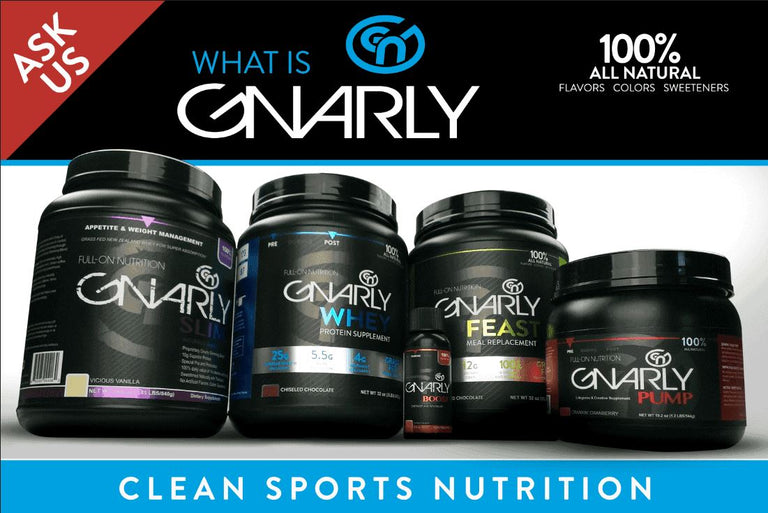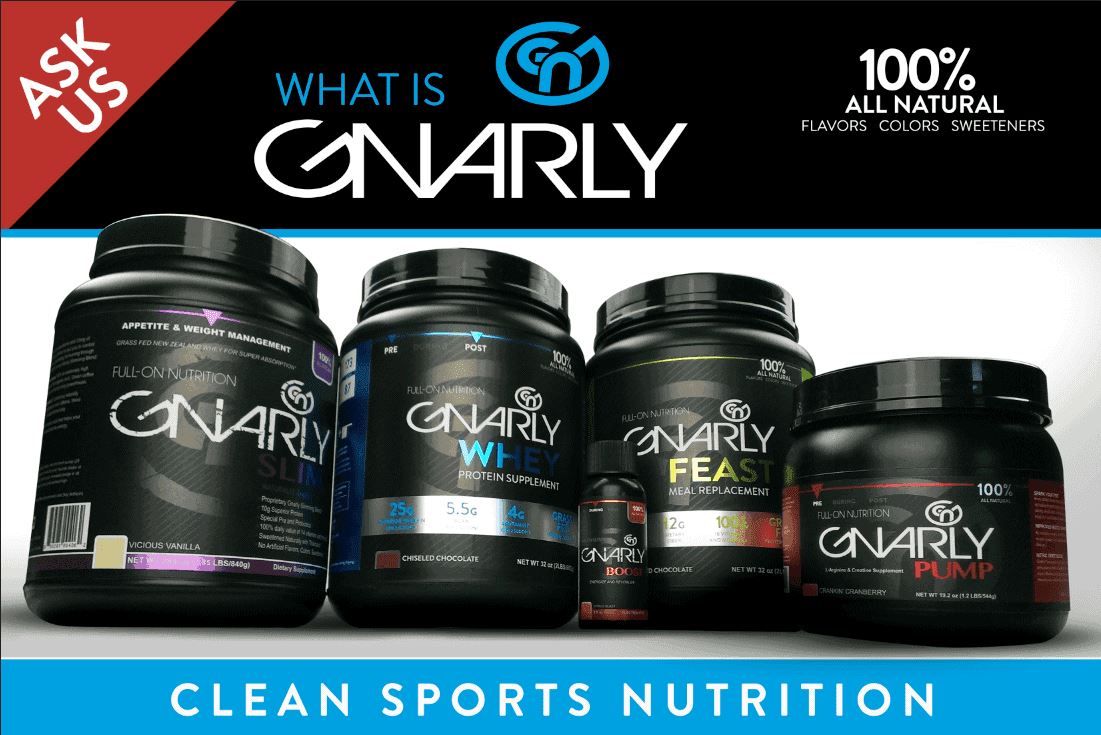Honestly, the supplement industry can be a little scary sometimes. In the United States, nutritional supplements are only barely regulated by the government – meaning that all sorts of things get sneaked into what people generally assume to be safe products. In fact, the Federal Food and Drug Administration maintains a list of “tainted supplements,” that have been found to contain potentially dangerous drugs.
Pre-workout supplements are especially vulnerable to these sorts of issues because, by their very nature, they generally contain some sort of stimulant and/or performance enhancer. So, how can you make your way safely through the wilderness of pre-workout ingredients?
What To Avoid
It’s actually fairly difficult to come up with a comprehensive list of pre-workout ingredients to avoid that is true for everyone. For one thing, there’s the issue of personal tolerance. A specific dose of a stimulant may do very little to you but could send someone else into unbearable fits. Some may just want to avoid unfamiliar stimulants altogether. Typically, manufacturers will recommend starting with a smaller-than-normal dose to assess your tolerance to the supplement.
The most common stimulant is caffeine – from any number of sources – which many people have a fairly high tolerance to thanks to coffee or tea habits. However, you may occasionally see either of the following included in pre-workouts. These ingredients are legal and pretty common but have been linked to severe side-effects in some people.
- Synephedrine – Sometimes listed as “bitter orange” – from whence it is extracted – synephredine is closely related to the notorious ephedrine (extracted from ephedra). Although ephedrine has a much darker reputation – tainted by a history of FDA bans – synephredrine is still widely available. Despite this, bitter orange extract has been linked to severe cardiovascular side effects. The National Institutes of Health National Center for Complimentary and Integrative Health states “There is currently little evidence that bitter orange is safer to use than ephedra.”
- Yohimbe – This ancient herb has a long history of use in the realm of “male health.” It has been noted in clinical trials to be effective as a mood and performance enhancer – as well as improving sexual function. Unfortunately, the powerful stimulant has also been linked to panic attacks, anxiety and manic episodes. Yohimbe is not typically recommended for women, although it is commonly included in supplements that are marketed to everyone.
Of course, this not an exhaustive list. And some people may have no issues with these ingredients. These are simply examples of common pre-workout ingredients that are widely known to have harsh – even dangerous – side effects.
Another thing to be on guard against when looking at a pre-workout is the general shadiness of the company behind it. Part of the reason that the above list only includes two ingredients is because companies often lie about what goes into their products. The database of tainted supplements that we mentioned at the outset is full of supplements that were thought to be safe and later found to contain any number of banned or controlled substances. Many of them even contain steroids. To avoid this, stick to reputable companies who have had their supplements tested by third-party labs.
A Better Option
Our pre-workout – Gnarly Pump – is free from any harsh or dangerous stimulants. There is a small amount of caffeine, but it is less than what you would get from a cup of coffee. Pump, like all of Gnarly’s products, is independently tested so that you can be sure that the tub contains only what is listed on the label with no unpleasant surprises.
Take a few minutes to look over the product page and learn more about Gnarly Pump.




